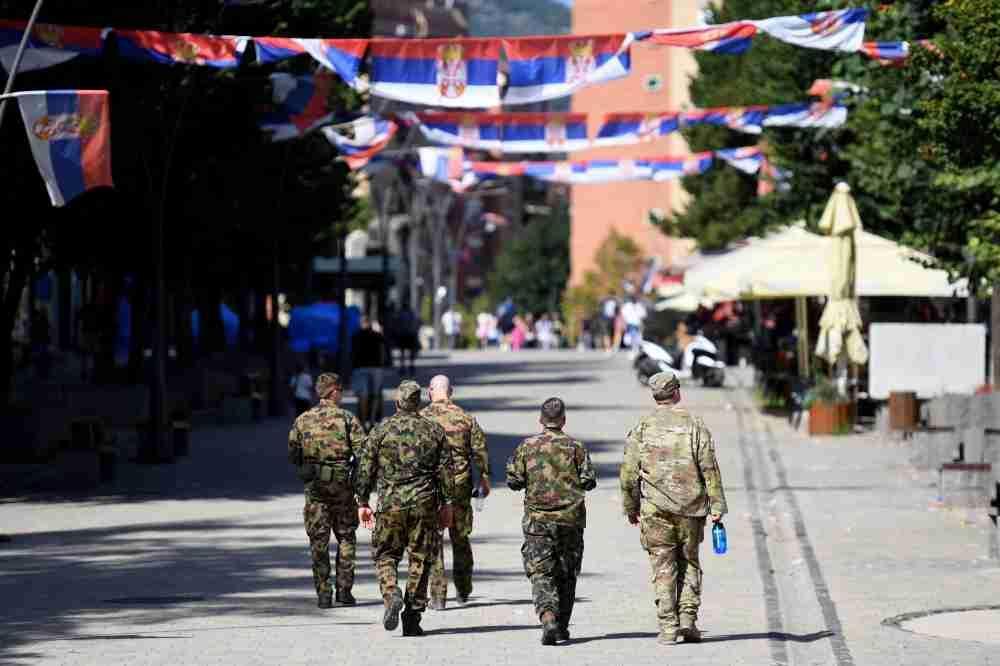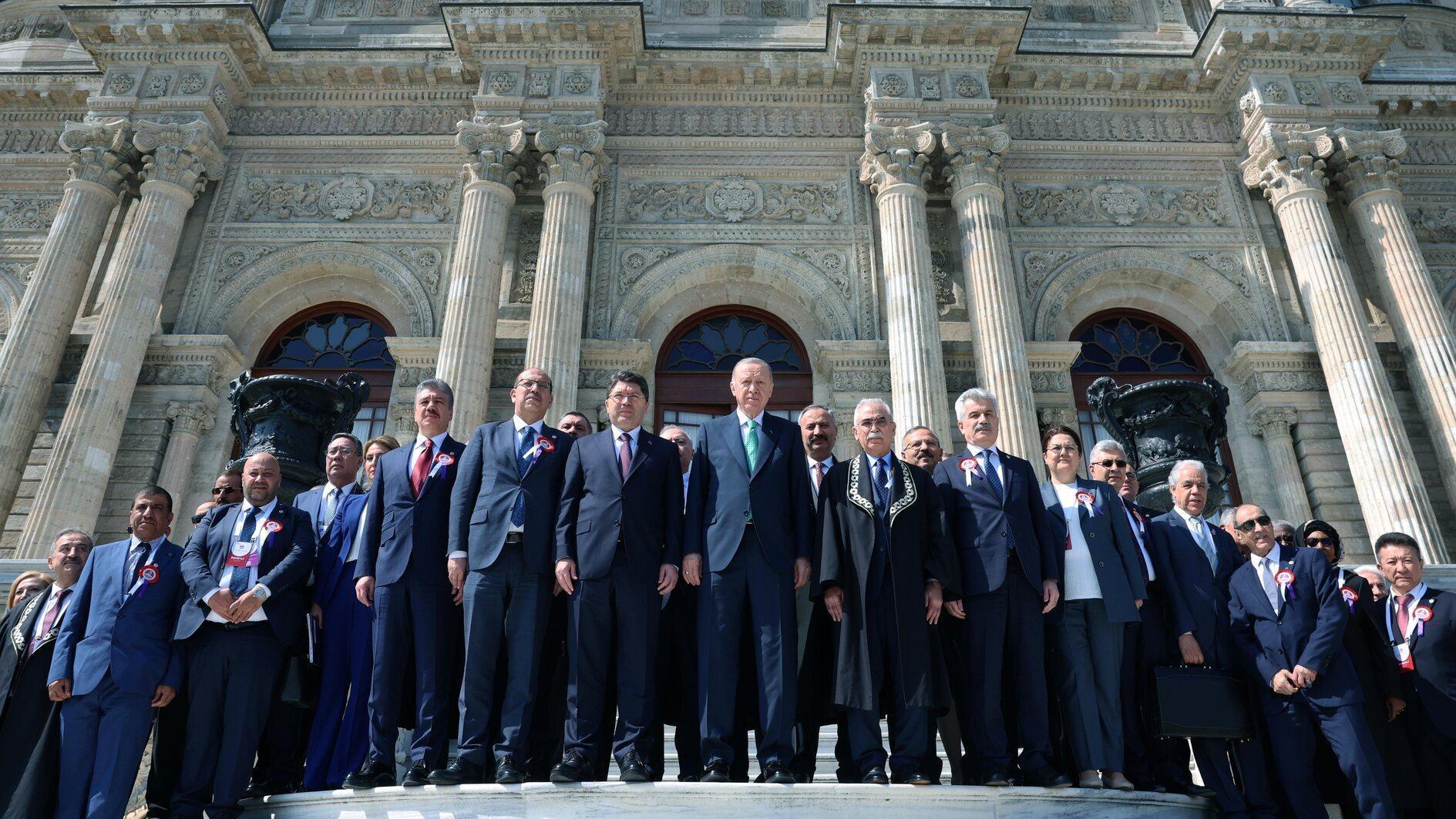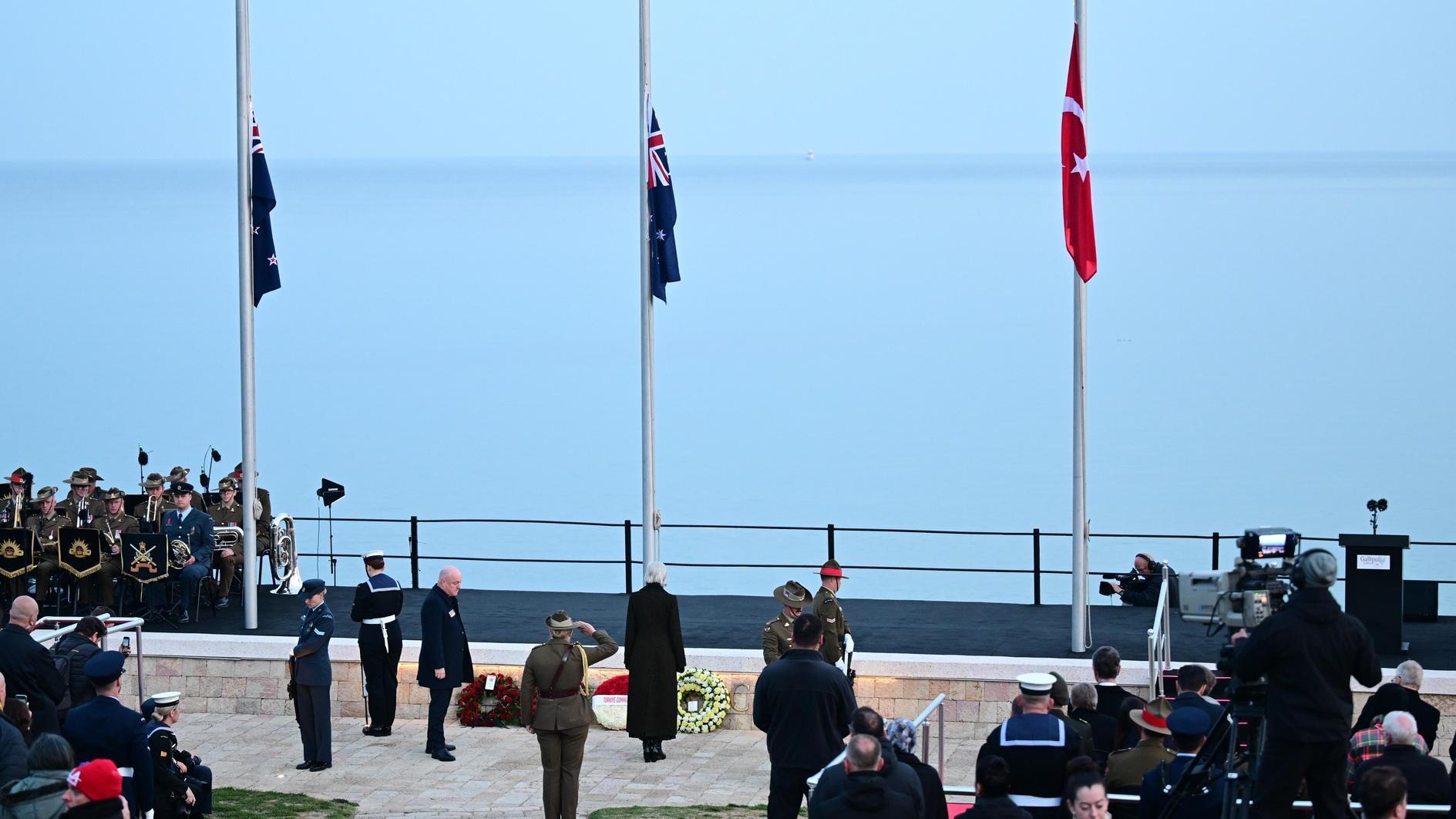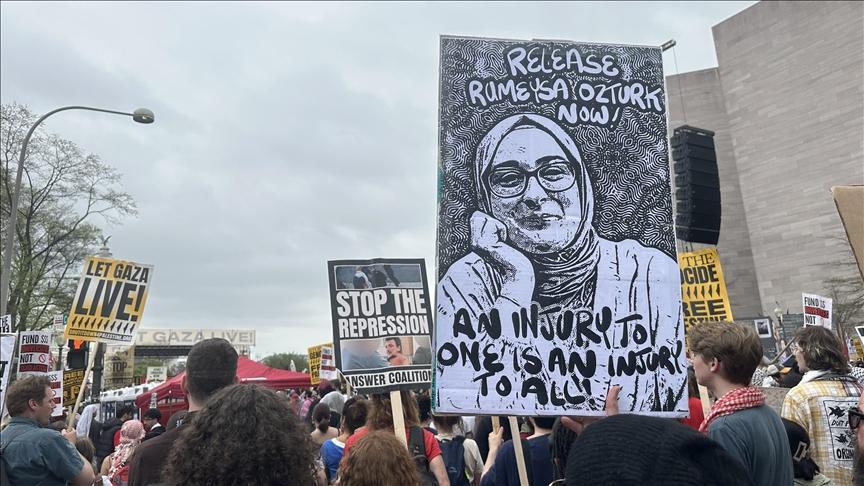Kosovo on edge after deadly clashes stir unease
KOSOVO

Nearly a week after deadly clashes in Kosovo triggered one of the gravest escalations in the former breakaway province in years, the opportunity for reconciliation between ethnic Albanians and Serbs seemed as distant as ever.
The killing of a Kosovo police officer and an ensuing gun battle at a monastery brought years of distrust and bitterness to the surface -- as a war of words between Serbia and Pristina's governments, competing days of mourning, and calls for sanctions marred already fractious relations.
On Sunday, three Serb gunmen were killed in an hours-long shootout with Kosovo police, after they ambushed a patrol and later barricaded themselves at an Orthodox monastery near the northern border with Serbia.
In the wake of the clashes, Kosovo police have rounded up suspects, remanded three alleged gunmen in custody, and seized an arsenal of weapons that authorities said could have armed hundreds.
On Friday morning, Kosovo police fanned out again across the north as they conducted an operation that saw the special units raid properties linked to the suspected mastermind of the attack on the police.
The move triggered immediate condemnation from Belgrade, with Serbia's Office for Kosovo calling the operation a "brutal and excessive demonstration of force" with special police units "armed to the teeth".
Later on Friday the United States called on Belgrade to pull its forces back from the border with Kosovo after detecting what it called an unprecedented Serbian military build-up.
Serbia had deployed sophisticated tanks and artillery on the frontier, the White House warned.
NATO meanwhile said it was ready to increase its peacekeeping force in Kosovo.
In the ethnically divided city of Mitrovica in the north, Serb residents said they feared an increased presence of Kosovo police and ensuing crackdowns in the already restive community.
"I'm afraid of repression, which we've had before. A policeman was killed and that's terrible... now I can only imagine what will happen next," said a 38-year-old Serb resident, who spoke on the condition of anonymity.
"I just want a normal life and that's not a normal life. I think that after this the whole community will be characterised as if everyone has something to do with that event."
Further south in the capital Pristina, the mostly ethnic Albanian residents by and large pinned the blame for the weekend's violence on the Serbian government, saying peace would only be possible after amends were made.
"Serbia is to blame for what happened," Mevluda Hoxha, a 64-year-old living in Pristina, told AFP.
"Reconciliation with the Serbs in the north is possible -- why not live together, but they won't."
Sunday's clashes came more than a week after the latest round of talks between Kosovo and Serbia leaders aimed at improving ties failed to make any headway during European Union-sponsored negotiations in Brussels.
The EU talks looked all but dead in the water in the wake of attacks, even as a new round of shuttle diplomacy appeared to kick off with calls to de-escalate soaring tensions.
"The more such incidents occur, the less likely it is that Serbia and Kosovo will be willing or able to compromise. The EU will not be able to fix the problem -- perhaps only manage it and keep a lid on it," wrote analyst Dimitar Bechev in a column for Carnegie Europe.
Unease in Kosovo's troubled north has been percolating for months, following Prime Minister Albin Kurti's decision in May to install ethnic Albanian mayors in four Serb-majority municipalities there -- despite an election boycott by the area's Serbs.
Protests followed, as well as the arrest by Serbia of three Kosovar police officers, and a riot by Serb demonstrators that saw dozens of NATO peacekeepers injured.
The clash in the north is just the latest in a long list of incidents to rattle the area since Kosovo declared independence from Serbia in 2008.
Serbia -- and key allies China and Russia -- have refused to recognise the move.
Hostility between Kosovo and Serbia has persisted since an all-out war between Serbian forces and ethnic Albanian insurgents in the late 1990s drew NATO intervention against Belgrade.
Despite years of negotiations between the two sides, little progress has been achieved.
"Reconciliation will be possible if there are no more repeated provocations," said Agim Maloku, a 60-year-old economist in Pristina.
However, Maloku stressed that partitioning the territory's north to make peace with its Serb population was not an option.
"The north is part of Kosovo and will remain part of Kosovo."
















